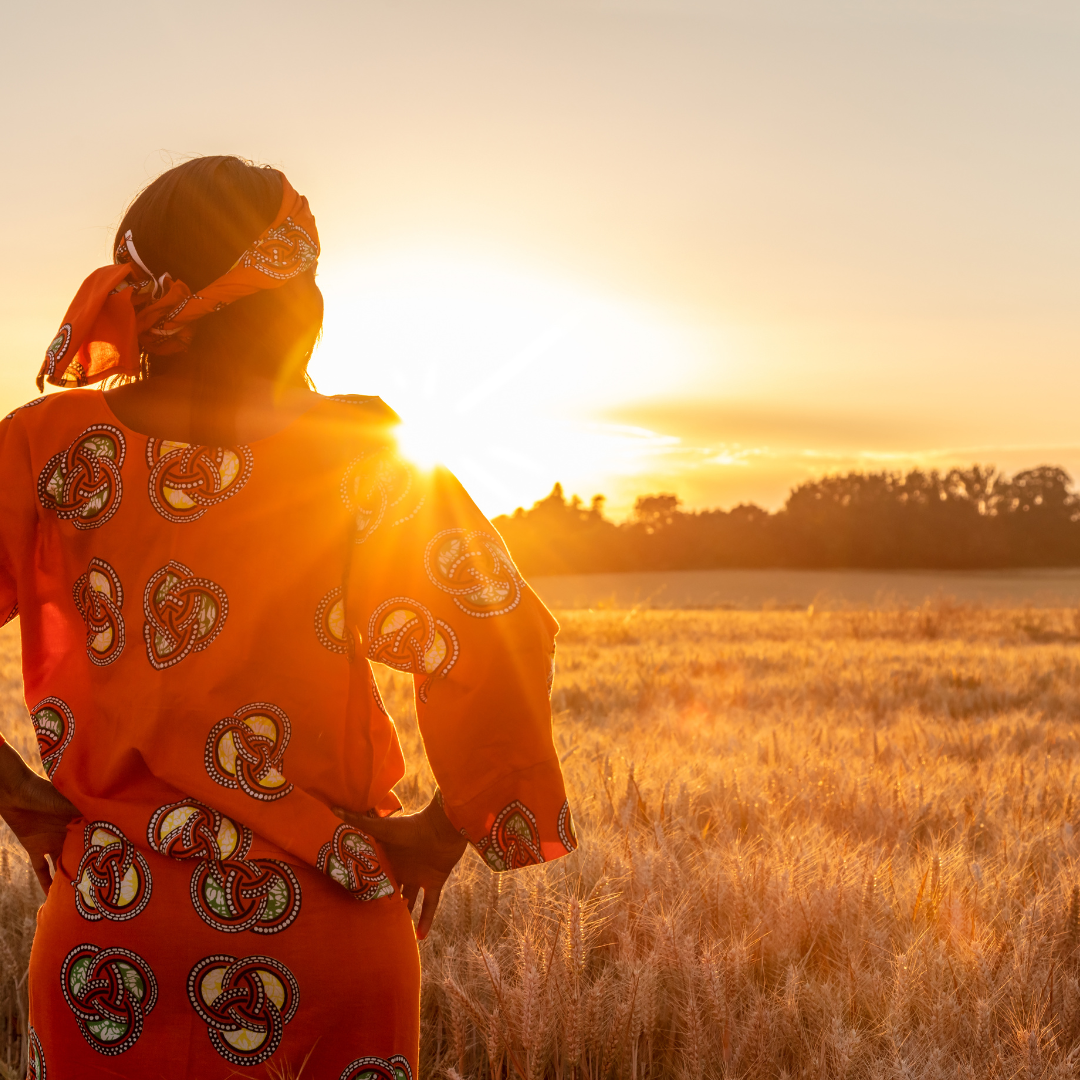
What does "Land Back" mean?
Shelby KretzShare
You may have heard about “Land Back” efforts, but what does that actually mean?
In short: Restoring the relationship with the Land that was severed through colonization.
When European colonizers and settlers arrived in North America (known as Turtle Island to many Indigenous peoples) in the 1500-1600s, their value systems were in opposition with the Indigenous peoples. Indigenous peoples believed and continue to believe that people are stewards of the Land, meaning they come from the Land, live with the Land, and are responsible for caring for the Land for generations to come. In contrast, Europeans believed that Land was a commodity to be owned and used to make money.
In 2020, NDN Collective’s Land Back Movement project began formally advocating for the reclamation of the rights of nature and all that has been stolen from Indigenous peoples. It’s important to note that this work is an extension and continuation of many tribal nations’, communities’, and individuals’ work around the return of the Land. Land Back movements happen formally and informally all around Turtle Island.
Some believe that when Natives (and Indigenous peoples globally) say, "Land Back," they mean eviction of non-Indigenous peoples/settlers. That, however, is mostly in opposition to what many Indigenous peoples believe. Instead, they seek to restore the relationship that was severed through the violent and oppressive projects of white supremacy, settler colonialism, and racial capitalism.
In addition, "Land Back" is not about replicating these systems; it is an alternative to those systems. It is a refusal and a rejection. Ultimately, "Land Back" is about acknowledging the sovereignty (both political and inherent) of Indigenous peoples.
It is not rooted in commodification and exploitation, but in kinship with the land and non-Indigenous peoples (guests). They want guests to honor and revere their relationship to the lands of their ancestors, and to respect their sovereignty and right to self-determination, self-governance, and autonomy.
Non-Natives should respect that the "Americas" and the Caribbean is still unceded Native Land. Their sovereign nations still exist and the names of settler nations are not necessarily the names Indigenous peoples honor or identify with. Therefore, it is important to know whose Land you currently occupy out of respect and to work towards ways to ultimately return Lands to the original Indigenous stewards.
Note: We capitalize the word “Land” because the Land is considered a relative, so it has the same level of importance as a Knowledge Carrier or an Elder.
Special thanks to our LJL partners Amber Starks, Maribel Valdez Gonzalez, and Soni López-Chávez for helping to create this content.
